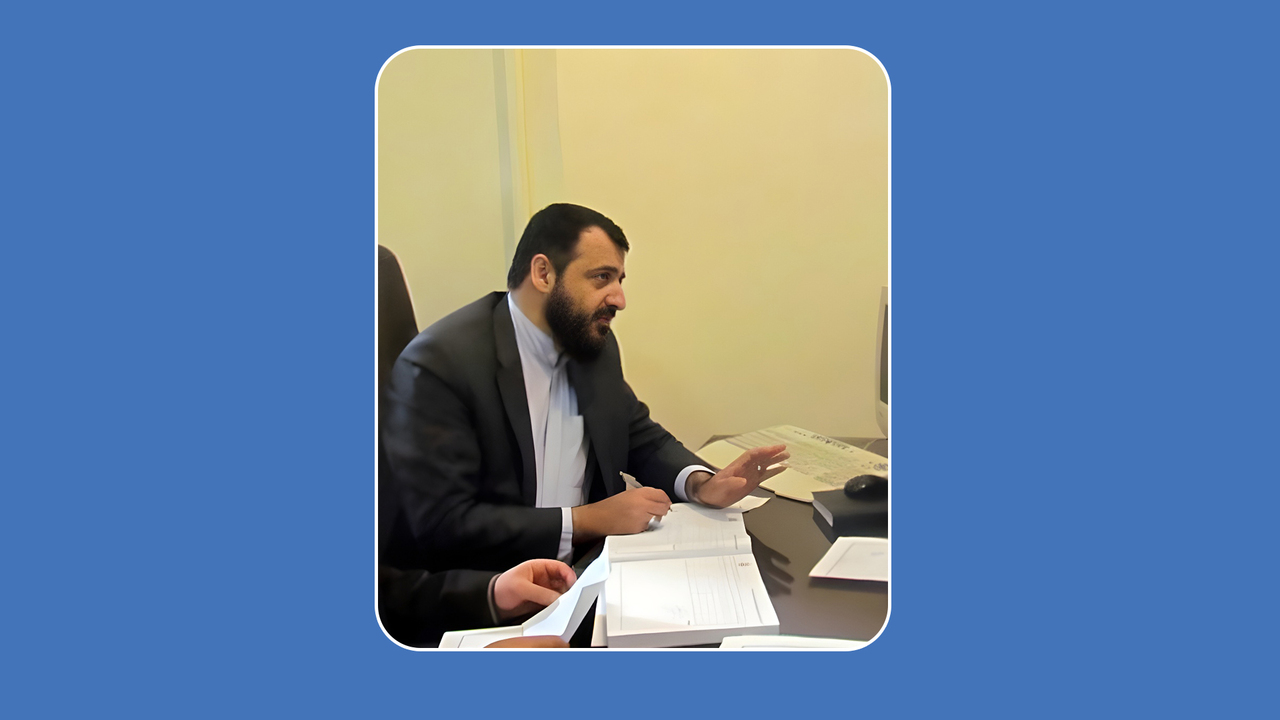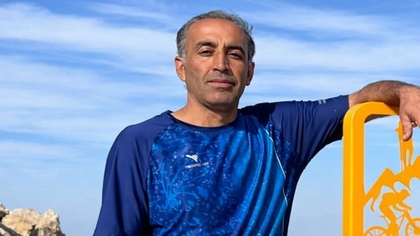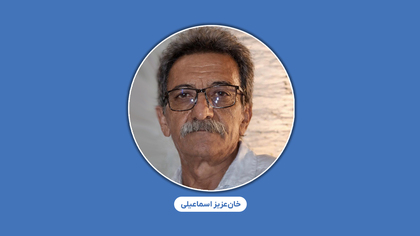Reza Najafzadeh: Head of Branch 1 of the Revolutionary Court of Urmia and His Role in Issuing Death Sentences for Political Prisoners

Reza Najafzadeh, a judge and the head of Branch 1 of the Islamic Revolutionary Court of Urmia, is one of the judiciary officials of the Islamic Republic of Iran who has played a key role in issuing heavy and death sentences, particularly following the Jin, Jiyan, Azadi (Woman, Life, Freedom) revolutionary uprising.
To date, he has issued rulings for at least 34 political, civil, and religious prisoners, 11 of whom have been sentenced to death. According to available documentation, 4 of these individuals have been executed, and the sentences for 2 others have been either commuted or overturned. The rest of the cases remain in various stages of legal proceedings.
Throughout these processes, Najafzadeh has systematically disregarded basic standards of fair trial, deprived defendants of their right to choose their own attorney, relied on confessions extracted under torture, and issued verdicts based on the controversial legal principle of "judge's knowledge" (elm-e-ghazi). As such, he has become one of the leading figures of the judiciary in the systematic repression of protesters, Kurdish activists, and religious minorities.
This report, by documenting Judge Najafzadeh’s judicial conduct, aims to present a clear picture of serious human rights violations and the instrumental use of the judiciary to suppress political prisoners, especially in West Azerbaijan Province.
Judge Reza Najafzadeh and the Death Sentence of Hamid Hosseinnezhad:
In July 2024, Judge Najafzadeh sentenced Hamid Hosseinnezhad Heydaranlou to death on the charge of "rebellion" (baghi). This ruling was made despite evidence such as passport stamps, mobile phone location data, and travel records proving that the defendant was outside Iran (in Turkey) at the time of the alleged confrontation.
Nevertheless, in a brief court session, without thorough examination of the evidence or proper defense arguments, Najafzadeh relied on his personal judgment and confessions obtained under torture during solitary confinement to issue the death sentence.
Reza Najafzadeh and His Record of Issuing Death Sentences:
As the presiding judge of Branch 1 of the Revolutionary Court of Urmia, Reza Najafzadeh has issued sentences for at least 34 political and ideological prisoners, 11 of whom received death sentences. Of these, four individuals have been executed, and the sentences of two others were either converted to life imprisonment or nullified.
Among those sentenced to death by Najafzadeh is Hamid Hosseinnezhad, whose execution appears imminent. Others include:
Mehrab Abdollahzadeh, detained during the Jin, Jiyan, Azadi uprising,
Shahin Vasaf,
Idris Ali,
and Hatam Ozdemir.
The four individuals confirmed to have been executed under Najafzadeh’s rulings are:
Aram Omari Bardiāni
Rahman Parhazu (or Parhazo)
Vafa Hanareh
Nasim Namazi (the only woman among the recently executed).
Some death sentences have been modified at later stages. For instance:
Mohammad Khezrnejad had his sentence changed to life imprisonment, and
Mansour Rasouli's sentence was overturned by the Supreme Court.
Judge Najafzadeh's handling of these cases exemplifies the systematic violation of due process and the use of capital punishment as a political tool by Iran’s judiciary.
Pattern of Due Process Violations by Judge Reza Najafzadeh:
Najafzadeh’s approach to political cases is marked by consistent violations of fair trial standards. The core characteristics of his judicial conduct include:
Depriving defendants of chosen legal representation and failing to properly inform families
Conducting short, closed-door hearings, often lasting only a few minutes
Relying on torture-induced confessions as the primary basis for rulings
Ignoring exculpatory evidence submitted by lawyers and families
Basing verdicts on the judge’s "personal knowledge" or intelligence agency reports instead of verifiable evidence
Reza Najafzadeh has emerged as a key figure in the judiciary’s repression machine targeting protesters and political activists in Iran’s western provinces. In many of these cases, defendants were tried based on vague charges and coerced confessions, with no tangible evidence. His judicial behavior starkly contradicts international standards for fair trials, the right to defense, and fundamental human rights principles.



